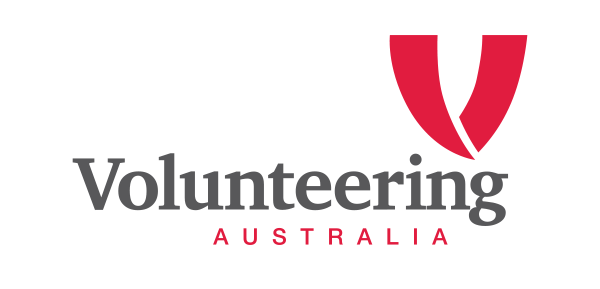Volunteering Australia and Sport Australia have joined forces to help tackle one of the most pressing challenges facing the sports industry during the pandemic – the future of its volunteers.
The two peak industry bodies have entered a formal partnership to further develop their co-operation in the field and explore new ways to promote and positively impact volunteering in the Australian community.
Volunteers play a critical role within the Australian sporting landscape with over three million Aussies contributing across all levels of sport. With approximately 72% of sport and recreation roles held by volunteers, the sector depends on them to coach our players, manage our community clubs, and provide positive sporting experiences for participants at all stages of life.
The partnership announcement follows the publication of data earlier in the year showing a 65% decline nationwide in the volunteer workforce as a result of the pandemic.
Sport Australia Acting CEO, Rob Dalton said: “The COVID-19 pandemic has significantly impacted sport in Australia and the role of the volunteer is now more important than ever. We need our volunteers to help rebuild our sporting communities and contribute to our social and economic recovery.
“Recent Sport Australia data shows that up until August 2020, over two million volunteers in sport had not resumed their usual volunteering levels, which illustrates the gravity of the challenge the industry is facing and the need for a coordinated approach between our organisations and our partners in the sports sector to address it.
“Our partnership with Volunteering Australia will enable us to work together and alongside the sector to develop a range of strategies to overcome the barriers for getting people back out into their communities and sporting clubs.”
The latest Sport Australia data indicates 57% of sports volunteers had not returned to any sports volunteering activity by August, while roughly a third of adults and children who expected to play at least one sport between April and December were back playing the same number of sports and a small number (2% of both groups) were playing more sports.
Mr Dalton said the challenge was not only bringing volunteers back to sport but providing a plan to support them in a complex environment.
“There has been a singular focus on encouraging participants back to sport, but without volunteers there is no return to play and our data is showing that volunteers are returning to sport at a proportionately slower rate than participants.
“We are looking to deepen our understanding of the challenges for sport in the recruitment and retention of volunteers and work collaboratively with the sports to identify opportunities to support them,” he said.
Volunteering Australia and Sport Australia have identified three key focus areas to explore under their new partnership – attracting more volunteers to sport; reducing barriers to volunteer recruitment; and increasing volunteer retention and quality of experience.
Volunteering Australia CEO, Mark Pearce said: “Participation in sport has the capacity to improve lives, strengthen communities, and hurdle language and cultural barriers like few other endeavours. Whilst we celebrate our sporting achievements, these wouldn’t be possible without the committed efforts of over three million volunteers who support participation at every level.
“Volunteering Australia is therefore delighted to be partnering with Sport Australia to ensure Australians have the opportunities to offer the time and expertise so vital to guaranteeing sport in our country continues to thrive.”


